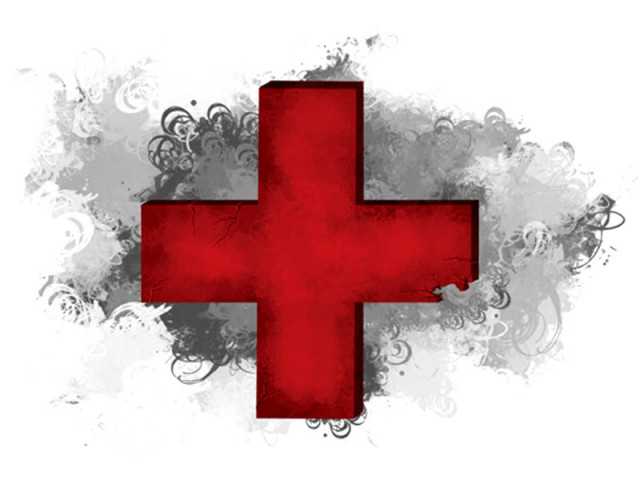Medical journals: Add value to your publications, editor urged
Day-long training session held at the UHS.

More than 40 faculty members and editorial staff of UHS-affiliated medical and dental colleges participated in the course. PHOTO: FILE
Good editors were likened to gourmet chefs by a speaker at a day-long training session for medical journal editors held at the University of Health Sciences (UHS) on Thursday.
The pronouncement came from Shaukat Ali Jawaid, the course facilitator and secretary general of the Eastern Mediterranean Association of Medical Editors (EMAME). He said that editors had to “find ways of adding value to their medical journals in the same way chefs add ingredients when they produce signature dishes”.
The session on Medical Journal Publishing was organised by the EMAME in collaboration with the Pakistan Association of Medical Editors (PAME). The topics covered included how to plan a successful journal, coming up with a vision for the publication, the peer review process and the databases that can be used.
Chinese authors, Jawaid said, have the second highest number of published articles after American authors. Publications by Indian authors have also doubled since 2000, he said, adding that that global research and development budgets had increased by 2.5 per cent per annum for the last 20 years.
Jawaid also spoke about the responsibility that editors of medical journals shoulder and the need for them to protect the integrity of their publications by being fair and objective. He stressed that the editor’s first priority should be the readers, saying that they should focus on making the articles readable instead of producing only a repository of data for the medical community.
“A journal’s reputation depends on the trust of readers, authors, researchers, reviewers, editors, funding agencies, and administrators of public health policy,” he added.
Dr Akhtar Sherin, the PAME president, said that about 1.5 million scientific papers were published worldwide every year. Although 25 per cent of the world scientists were from developing countries, said Sherin, their contribution to the world’s medical literature was no more than two per cent. He discussed strategies for handling pressure, plagiarism, ethical dilemmas and electronic publishing.
More than 40 faculty members and editorial staff of UHS-affiliated medical and dental colleges participated in the course.
Published in The Express Tribune, April 26th, 2013.


















COMMENTS
Comments are moderated and generally will be posted if they are on-topic and not abusive.
For more information, please see our Comments FAQ